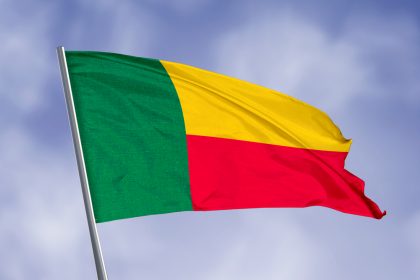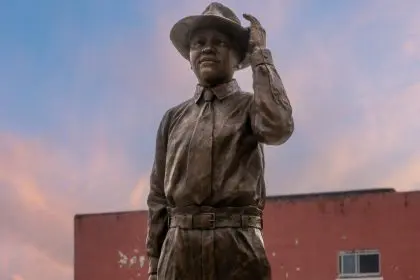
Millions of African Americans will soon be able to trace their families through the era of slavery thanks to a new and free online service that’s digitizing a million and a half handwritten records compiled about newly freed slaves in the 1860s, for the first time.
On Friday, June 26, it was announced that records compiled just after the Civil War will soon be available for easy searches through a new website, discoverfreedmen.org.
Thanks to the Freedmen’s Bureau, an administrative body created by Congress in 1865 to assist slaves in 15 states and the District of Columbia as they transitioned into free citizenship, a project has been launched to covert more than four million names for full online access.
Prior to 1870, when Black people were included in the U.S. Census for the first time, slaves were legally regarded as property and their names were not officially documented. They often appeared only as dash marks, even on their owners’ records. The new site hopes to break down that brick wall by releasing those records by 2016, to coincide with the opening of the new Smithsonian National Museum of African American History and Culture on the National Mall in Washington.

Hollis Gentry, a genealogy specialist at the Smithsonian, said in an announcement on Friday: “The records serve as a bridge to slavery and freedom. You can look at some of the original documents that were created at the time when these people were living. They are the earliest records detailing people who were formerly enslaved. We get a sense of their voice, their dreams.”
Gentry also said it could help people now find living relatives on their family tree, as well as records of forebears. “I predict we’ll see millions of living people find living relatives they never knew existed. That will be a tremendous blessing and a wonderful, healing experience.”
While records, including a selection of marriages, church and financial details as well as full names, dates of birth and histories of slave ownership have been available for access by the public in Washington, D.C., that information could only be accessed in person and by searching through hundreds of pages of handwritten documents. An impossible and seemingly disheartening task for those with a deep desire to track their family history or better yet reconnect with survivors.
Sharon Leslie Morgan, founder of Our Black Ancestry Foundation, stated that the cataloging is important for history and for today.
“In order for us to deal with contemporary issues that we have today — racism, Black boys being shot down in the streets — you have to confront the past,” she told USA Today. “The land was stolen from the Native Americans. The labor was provided for free by African slaves. The entire foundation of American capitalism is based on slavery, on a free labor market. People don’t want to deal with that, and you have to.”
















